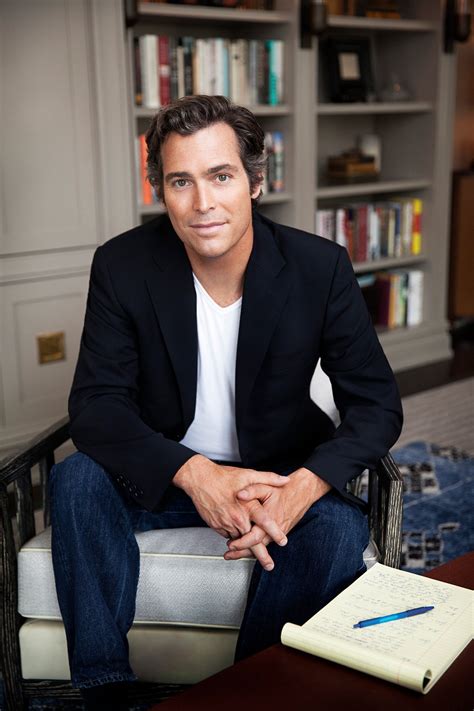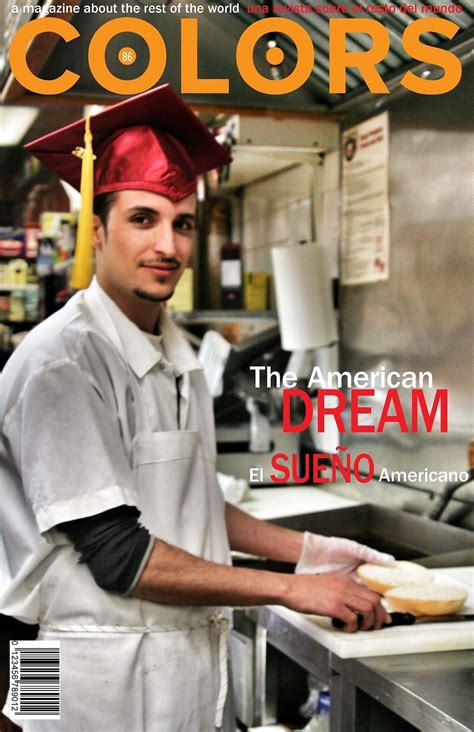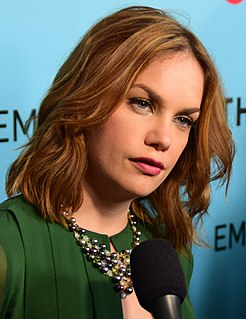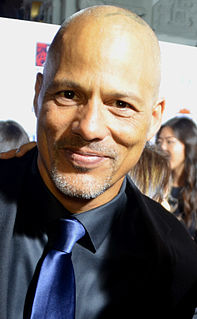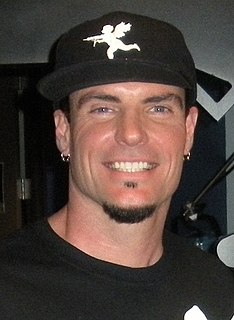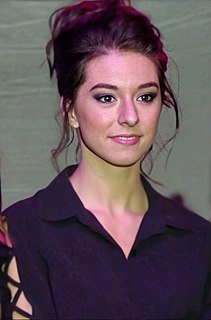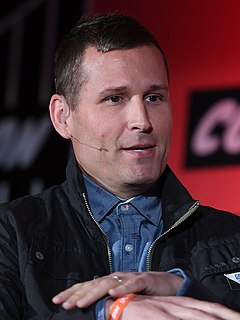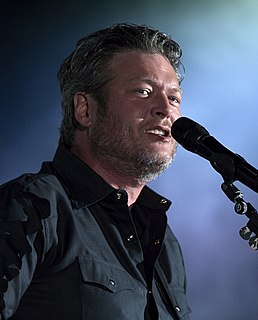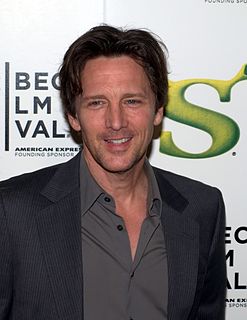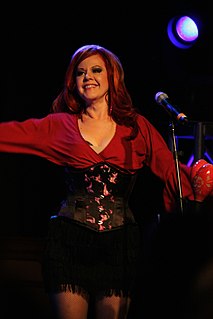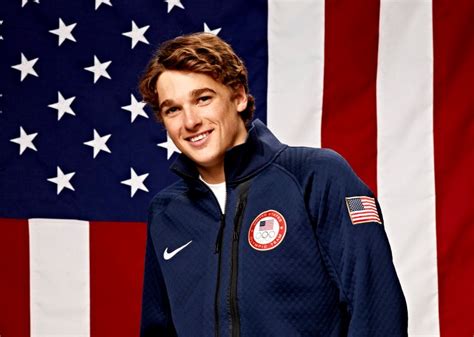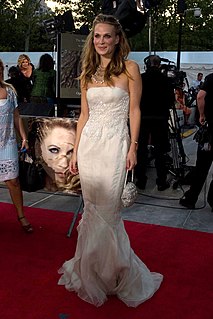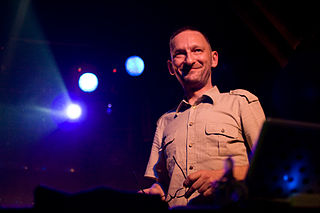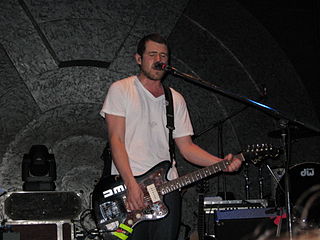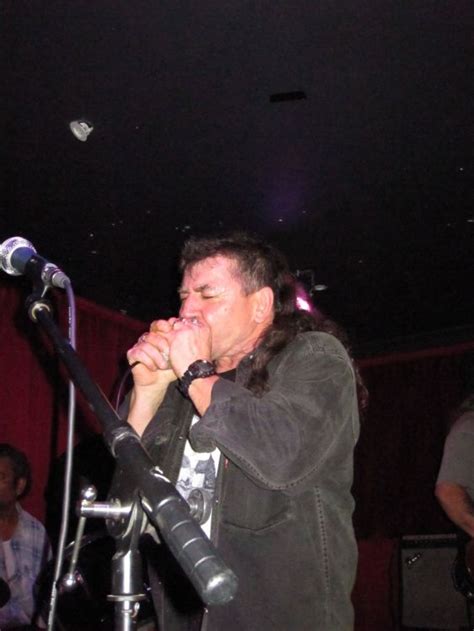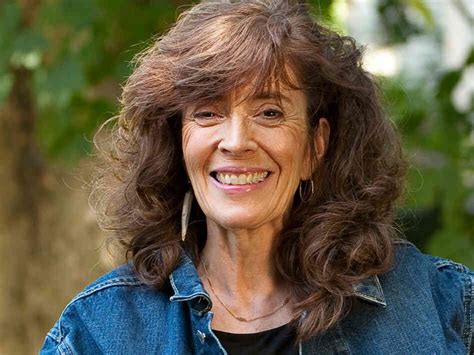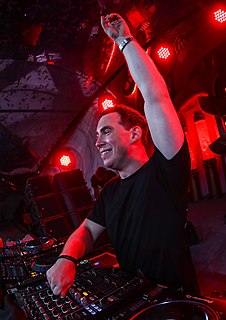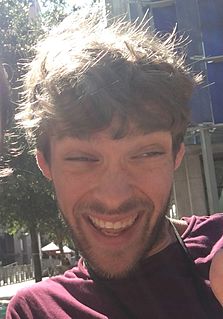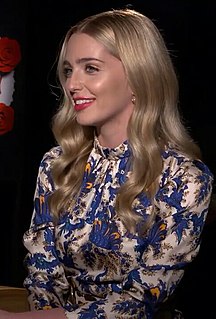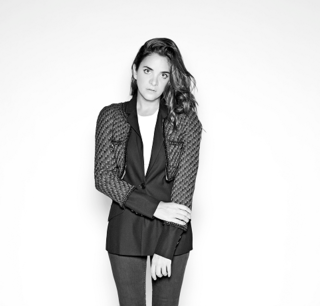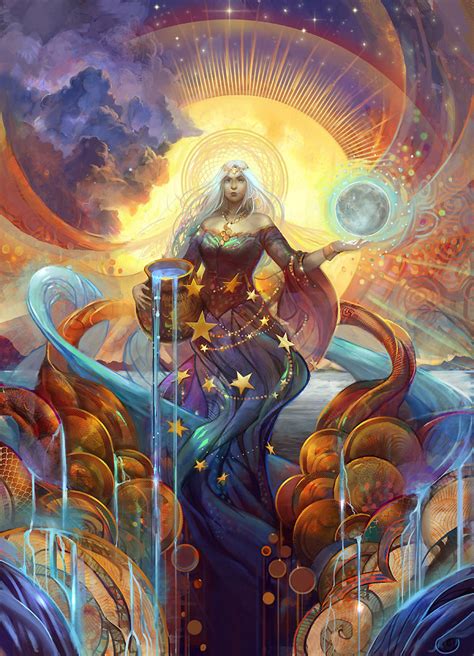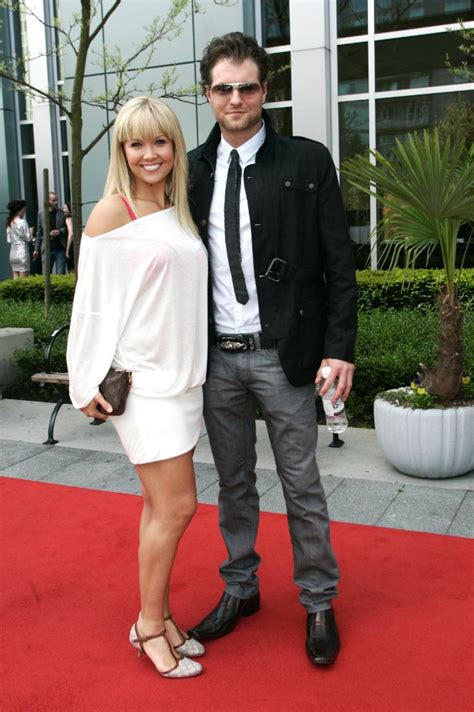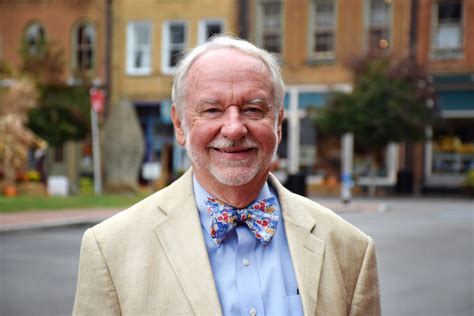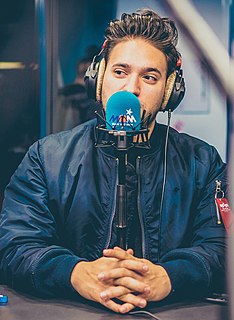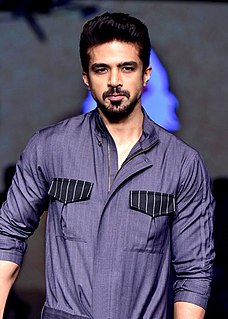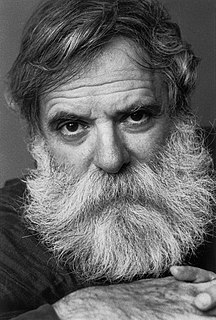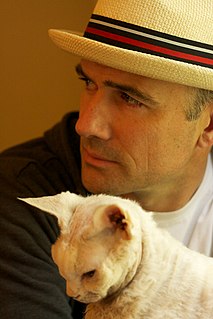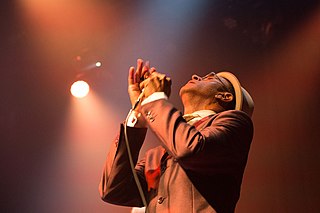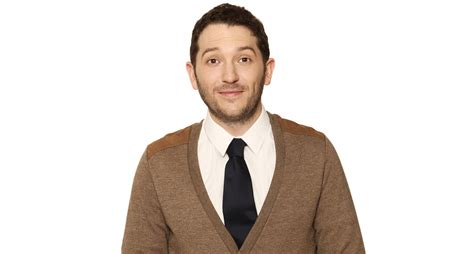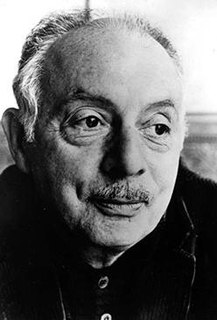Top 59 Edits Quotes & Sayings
Explore popular Edits quotes.
Last updated on April 14, 2025.
I enjoy the acting, but I didn't plan on that. It fell into my lap, and I'm having a lot of fun with it, but I'm definitely moving towards directing because I'm naturally a writer, and I think a good director edits, writes, and has acted a little bit. He's done a little bit of everything, and that's what I'm trying to do.
When I first have an idea, I'll spit-ball it with my husband: he's my beautiful ideas sounding board. I usually have a year deadline from start to finish, so I'll piss about for three months and pretend to get started. Then there's four to six months of actual writing and, after that, submissions, edits, and eventually a finished product.
I write first drafts feverishly fast, and then I spend years editing. It's not that sentence-by-sentence perfectionist technique some writers I admire use. I need to see the thing, in some form, and then work with it over and over and over until it makes sense to me - until its concerns approach me, until its themes come to my attention. At that editing stage, the story picks itself and it's just up to me to see it, to find it. If I've done a good job, what it all means will force me to confront it in further edits.
Every first-rate editor I have ever heard of reads, edits and rewrites every word that goes into his publication.... Good editors are not 'permissive'; they do not let their colleagues do 'their thing'; they make sure that everybody does the 'paper's thing.' A good, let alone a great editor is an obsessive autocrat with a whim of iron, who rewrites and rewrites, cuts and slashes, until every piece is exactly the way he thinks it should have been done.
I turn on the machines and start to think about ideas and take it from there, it usually begins if it's a beat, a track creating a beat/beats and then the bass-line/lines, then comes the sounds--drones, atmospherics etc, then the edits of various sounds I created and keep going till I feel I have enough sounds ideas to start working and building a track. I have many banks of sounds that we hear that can be manipulated in the machines.
Every inch of my writing career has been influenced by my screenwriting education. I was lucky enough to go to film school at USC, and I got a crash course in how to tell a story efficiently. I learned structure, pace, my style, how to know your audience, and most importantly, how to take criticism and edits properly.
It's taken years for me to understand that dying doesn't end the story; it transforms it. Edits, rewrites, the blur, aand epiphany of one-way dialogue. Most of us wander in and out of one another's lives until not death, but distance, does us part-- time and space and heart's weariness are the blander executioners or human connection.
After finishing a draft, no matter how rough, I almost always put it aside for a while. It doesn't matter if it's a story or a novel, I find that when it's still fresh in my mind I'm either thoroughly sick of its flaws or completely blind to them. Either way, I'm unable to make substantive edits of any value.
People have not changed. The media and its love for the fashion world behind the scenes has changed, giving people more access to changing tastes and opinions everywhere. There has been a shift in the last few years, with the new exposure of personal styles on blogs and Instagram and websites, so people are more interested now in showing their own fashion sense and expressing their own style without copying an entire look from an ad campaign. Because of that, stores need to move toward more personal edits and styling.
I personally prefer working digitally because it allows me to work quickly and cleanly. I don't have to buy paint or brushes or canvases, I don't have to wait for paintings to dry before sending them to clients, I don't have to photograph or scan my final work, and I can make edits immediately and easily.
I don't pick up my work at all. If it's something that's still in progress and I have the chance to make some edits on the material or think about the order, little things like that, I'll keep those stories at hand and go through them. But once it exists as the book, it's locked away in a vault, and I kind of put it behind me.
In 1966, while working on a feature about a Picasso exhibition at the Tel Aviv Museum of Art, I recorded the pre-opening preparations and observed a moment: One of the cleaners stopped, puzzled, in front of the Picassos. I think that this is an image that can be universally understood, but with a grain of salt. I never chose this image in edits before because it seemed to me that it felt posed-the composition was a little too perfect. But, believe me, it was a lucky moment.
I still feel like if I can get a song to work with, say, a basic beat, a rhythm, some chord changes, and a melody, a vocal melody - if it works with that, then I feel it's written and there's something there. So I intentionally don't get involved with arranging stuff or fussing over the sounds and the edits and the beats too much, at least not in the beginning, because I feel like then you can fool yourself that you've got something there, when you might not.
He [Zampano] probably would of insisted on corrections and edits, he was his own harshest critic, but I've come to believe errors, especially written errors, are often the only markers left by a solitary life: to sacrifice them is to lose the angels of personality, the riddle of a soul. In this case a very old soul. A very old riddle.
When I've had to edit my albums, I'll listen to it one time through, and I'll make edits. I want to remember to set up a camera to record myself listening to my set, because I don't even slightly crack a smile, I am just listening for technical details, and I look like somebody that has absolutely no sense of humor. I look insane.
When you have a lot going on in a scene - whether it be a lot of shots, a lot of coverage, a lot of edits, or just the amount of content - it can cover up a deficit of true feeling. But when you don't have a lot of material to work with, you really have to be sincere with everything. You really have to mean it, because there's nowhere to hide.
A sturdy lad from New Hampshire or Vermont who in turn tries all the professions, who teams it, farms it, peddles, keeps a school,preaches, edits a newspaper, goes to Congress, buys a township, and so forth, in successive years, and always like a cat falls on his feet, is worth a hundred of these city dolls. He walks abreast with his days and feels no shame in not "studying a profession," for he does not postpone his life, but lives already.
I always kind of aim with the action stuff to make it feel like, as an audience member, you're experiencing what the people are experiencing. As soon as you go into slow-mo or repeated edits, shooting it like it's a stunt, it takes it out of that reality. The more real you make that stuff, the more tense it will be.
